After Whiteness
By Willie James Jennings (Eerdmans, 2020)
It is safe to say most Catholics have never heard of theologian Willie James Jennings. That is not surprising. First, he is not Catholic. Second, the work of academic theologians rarely makes its way to everyday people. Sometimes that is a good thing. Academic jargon often can suck the soul out of an engraced and informed word about God.
Jennings’ work, however, is different. His masterwork, The Christian Imagination (Yale University Press), was a gamechanger that explains how colonization was a theological endeavor that created the current racialized caste system. After Whiteness, his most recent work, builds upon this and focuses on theological education. It is a reflection on his 30 years as an educator—from professor to academic dean to consultant and beyond—and the obstacles presented by colonial and racialized sin embedded within theological education. For Jennings, “whiteness” has less to do with melanin content and more to do with an inherited way of attempting to arrange and control the world that is incompatible with the creative work of the Christian God. “All theological education in the Western world is haunted by [a paradigm]: a plantation at worship and an enslaved preacher,” he writes.
In some ways, Jennings’ vision is very Catholic. He writes, “Theological education must capture its central work—to form us in the art of cultivating belonging.” The book calls for theological education to focus on communion, that is, the formation of communities in which intimacy, mutual self-giving, and the creation of a “new people” are the norm. Jennings weaves together personal poetry; anecdotes from teaching, advising, and administrative leadership; and logical argumentation to get his point across. Catholics would do well to learn from and listen to this great theologian.
Preaching with Their Lives
Edited by Margaret M. McGuinness and Jeffrey M. Burns (Fordham University Press, 2021)
Since St. Dominic founded the Order of Preachers more than 800 years ago, the Dominican family—comprising priests, brothers, sisters, nuns, and laypeople—has sought to live out his preaching charism. Project OPUS (Order of Preachers in the United States) traced the beginnings of the U.S. portion of Dominican family history in Dominicans at Home in a Young Nation, edited by Mary Nona McGreal. In this second volume, spanning from the Civil War to the present day, their story continues to unfold.
The 12 essays in this book detail how, against the backdrop of much social and ecclesial change, Dominican women and men in the United States have preached from a multitude of “pulpits”: social action, the arts, advocacy, liturgical renewal, health care, education, missionary outreach, and more.
The book’s second chapter, detailing the Dominican sisters’ experience of and response to the 1870s yellow fever outbreak in Nashville, is particularly resonant in our COVID-19 pandemic context. Other chapters explore the development of Dominican ministries focused on immigrants and economic justice. The text closes with Kathleen Sprows Cummings’ exploration of two U.S. Dominican would-be saints: Rose Hawthorne Lathrop and Samuel Mazzuchelli.
This book will be of interest both to those connected to the Dominican charism and to those interested in U.S. women’s history. Many of the chapters highlight the accomplishments of Dominican women religious.
With its companion volume, this sweeping and impressive history raises the question: What shape will the preaching charism take in the future as Dominicans continue to respond to the signs of the times?
Briefly Noted:
Sting and Religion: The Catholic-Shaped Imagination of a Rock Icon
By Evyatar Marienberg (Wipf and Stock, 2021)
Marienberg uses historical research, analysis of Sting’s lyrics, and an interview with Sting himself to explore how growing up Catholic influenced Sting’s creative work.
Candles in the Dark: Faith, Hope and Love in a Time of Pandemic
By Rowan Williams (InterVarsity Press, 2021)
This collection of meditations by the former Archbishop of Canterbury offers hope and encouragement as we endure more than a year of a pandemic.
Flashes of Grace: 33 Encounters with God
By Patrick Henry (Eerdmans, 2021)
Henry writes of finding God’s grace in the most unlikely places, including Darwin’s grave, airports, a baseball diamond, and on the Starship Enterprise.
This article also appears in the May 2021 issue of U.S. Catholic (Vol. 86, No. 5, page 39). Click here to subscribe to the magazine.
Image: Unsplash



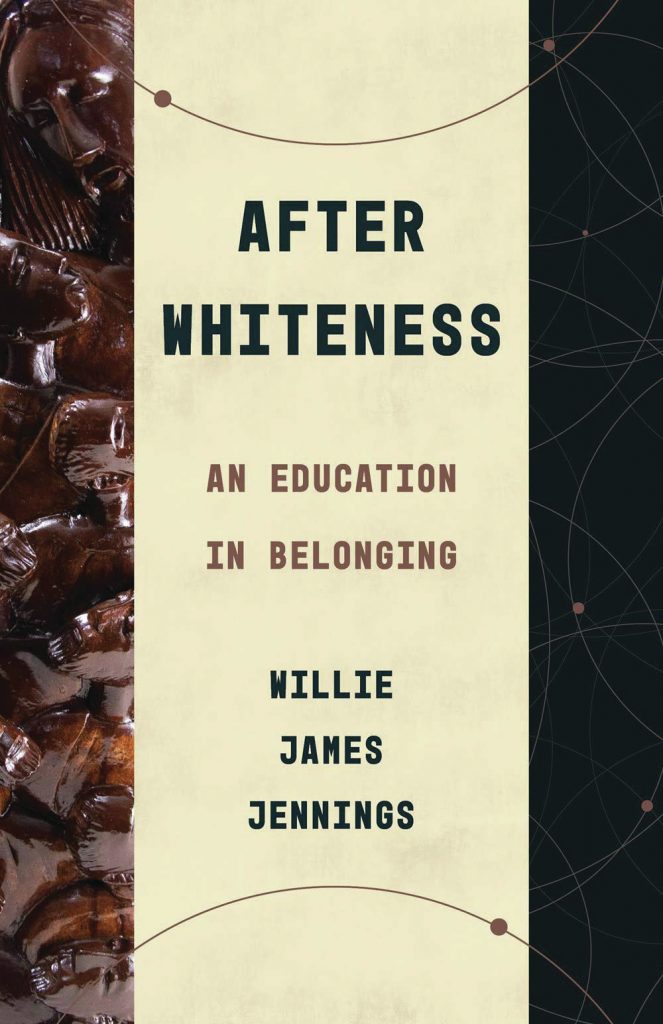

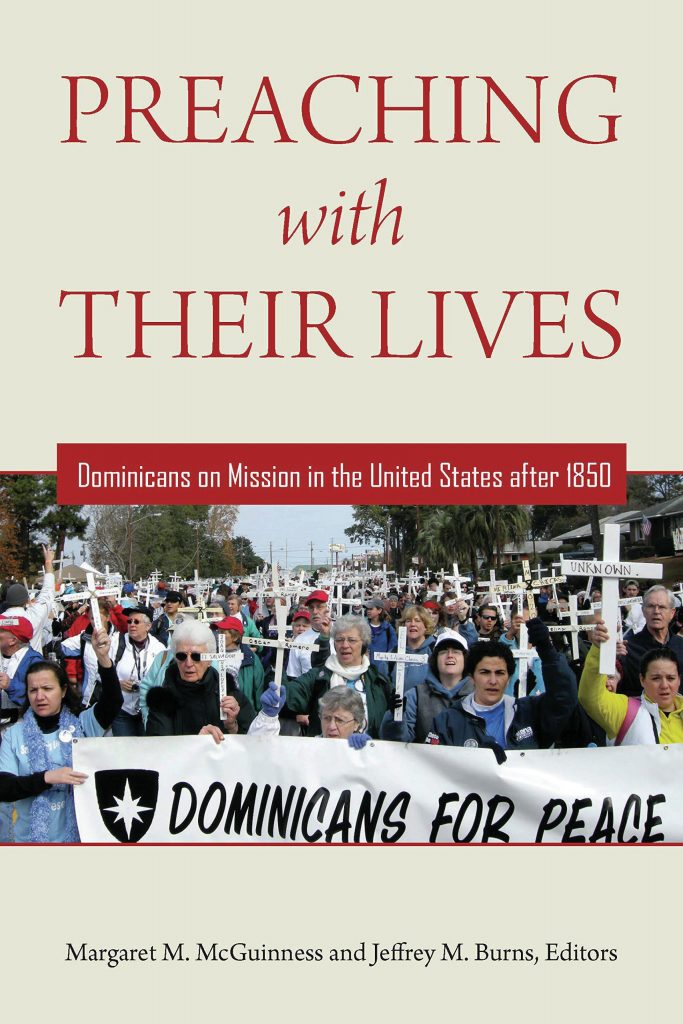
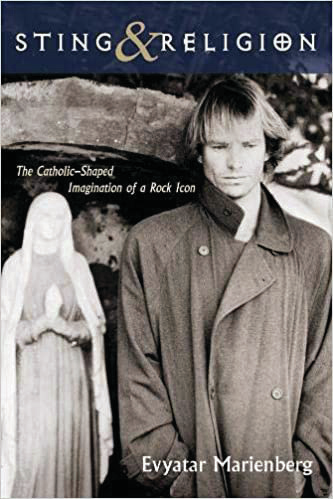
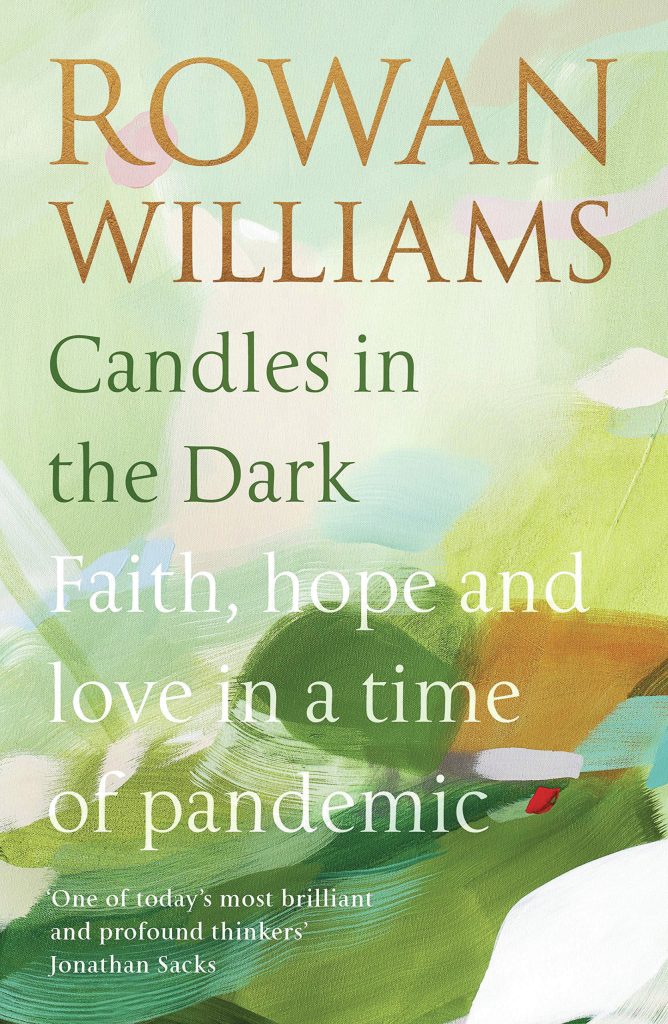
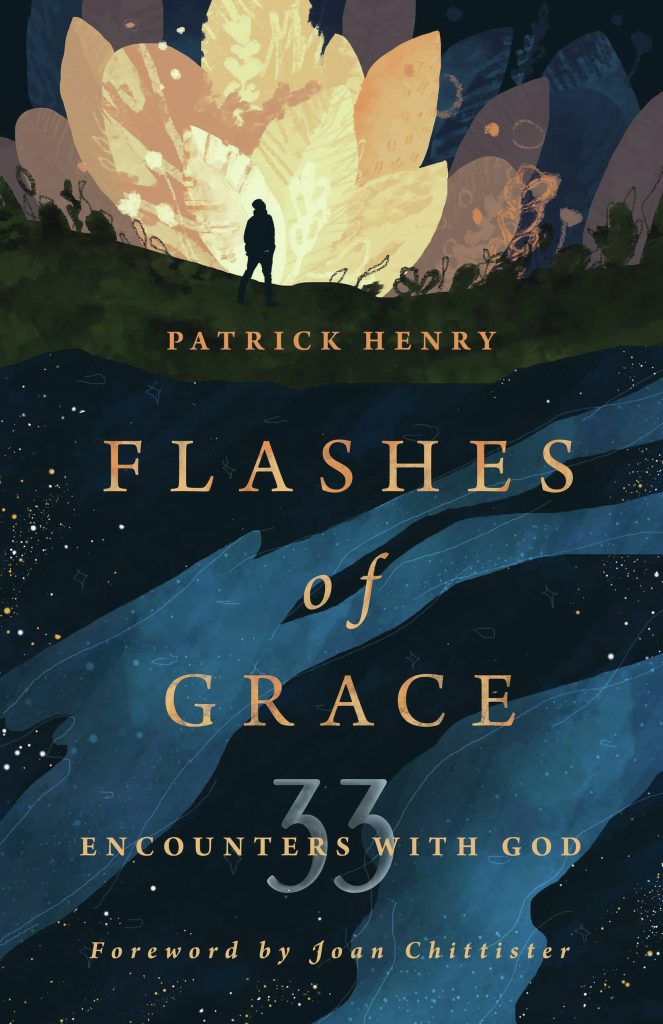











Add comment